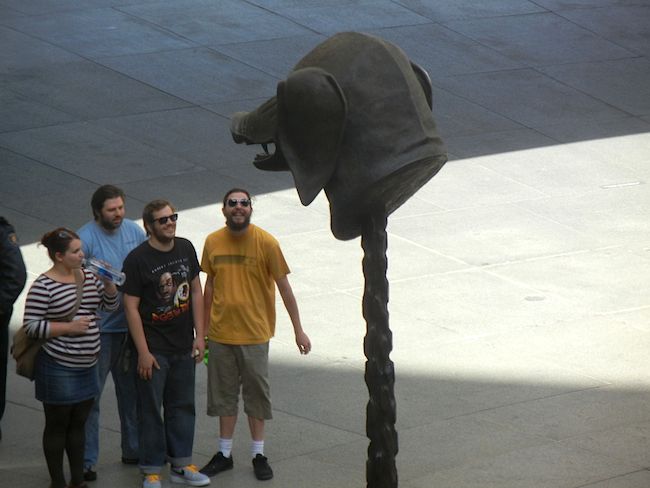
Between clients today, I watched hand-to-hand combat training films from WWII. I love youtube. The films are interesting for so many reasons, especially in light of the fact that this is what my father did in the Army - taught these skills.
WWII was way before we took martial arts seriously. Most of the techniques look more like wrestling to me, but what do I know? I'm a healer, not a warrior.
Under different circumstances the films would seem funny, corny, etc. but as I am honoring the dead from that war, including my father, they're coming across rather differently than they usually would. One thing that strikes me is how, at the beginning of every one of the films I've watched, they talk about contact sports, usually boxing and football. The narrator talks about how there are penalties for clipping in football, how you don't punch a man when he has gone down in the ring.
Then they say that warfare is not like boxing. They talk about breaking every rule in the book, if it keeps you alive.
I was thinking that today no training film would begin by explaining that in war we don't have to play fair or be good sports. Who would need to hear that now? The fact that young men at that time were thought to be fair minded, rule following good sports is kind of incredible. If indeed they were, can you imagine the shock of going into battle? Every rule of good behavior, every expectation of fairness, of thoughtfulness and kindness was tossed out in order to survive. Can you imagine what that did to the innocent minds of these young fellows?
And then there was coming home from the war, trying to suddenly follow the rules again. Is it any wonder that the dads on TV during the 50s were so emasculated? Allegedly they are the kings of their castles, but it's the moms in 1950s sitcoms who actually wear the pants in the family. The dads come home from the office, have a highball and read the paper. You don't see these guys punishing the children, except through thoughtful conversation. They kiss their wives on the cheek, sleep in twin beds. They are placid, they play their roles, but there is no passion there, no fire. It's so weird.
Here Ward Cleaver is going to wear asbestos gloves to do the grilling, after who knows what happened to him during the war. Total propaganda. And ... asbestos. Oh, the things we didn't know then. Good lord.
The war ended. FDR was dead and the nation was in shock. Women were thrown back into the home to have babies. Men were thrown back into the "civilized" world of suits and good behavior. It boggles the mind, trying to imagine how that felt.
Tomorrow morning I'm going to Arlington Cemetery. Looking forward to trading stories with the ghosts, specifically the Ward Cleavers, the men who were told to maim and kill, after which they were instructed to be passive and rule-bound. How the hell did they do it?
Shalom.


4 comments:
You pose a critical question, how did they do it? There was no talk of PTSD then; no one knew what to call the trauma. But it interesting that it was not talked about after WWII.
Interestingly, as I look back at the life of a cousin, he must have suffered post traumatic stress. He was a heavy drinker (unlike anyone else in the family) and he died very young. He served in Africa and drove a tank trying to rid the planet of Rommel's army.
Hehehe, I love Ward: a woman's place is in the home and if she's there she might as well be in the kitchen!
Where do you find this stuff??? (That's a rhetorical ???)
This is why "The Best Years of Our Lives" is such a great movie. It depicts the strangeness of WWII soldiers re-entering family life and American society after the war. I love that movie.
When I was in the Peace Corps we had all sorts of instruction about readjustment when we went home. And my experiences there were NOTHING compared to the traumas of war!
Imagine what even earlier soldiers encountered. At least in WWII there was some understanding of psychology, or trauma. What did the men coming home from WWI experience? From the Civil War, or the Napoleonic wars?
I've thought about it Steve. Read a lot about reconstruction after the Civil War. In a sense the U.S. is still trying to heal from that one.
The generation that fought in WWII is called the lost generation.
The Best Years of Our Lives is not available from Netflix. I really want to see it. Maybe amazon or imdb has it. X
Post a Comment